Mel McDowall
Director DAIRNet
Dr Mel McDowall is the Director of the Defence AI Research Network (DAIRNet), an initiative of the Australian Department of Defence and hosted by the University of South Australia.
Mel brings a uniquely diverse background spanning clinical, agricultural, and Defence sectors, with expertise across the full technology readiness lifecycle—from “bench to bedside,” “bench to farm-gate,” and “concept to capability.” Her career has encompassed foundational and applied research, operational governance, business improvement, contract management, clinical support, and stakeholder engagement.
At DAIRNet, Mel leads a national effort to connect researchers, industry, and Defence through a collaborative co-design and co-creation model. Under her leadership, the network acts as a national concierge and facilitator, accelerating the development and adoption of AI solutions that meet Defence’s evolving needs.
Mel is a strong advocate for contemporary, strategic models of research leadership, blending academic knowledge with innovation, business acumen, and purposeful collaboration. Guided by the principle “the whole is greater than the sum of its parts” she is passionate about enabling diverse, multi-disciplinary teams and building ecosystems that deliver real-world impact. She is also involved in mentoring emerging scientific leaders through the IMNIS program and a strong advocate for women in STEM.
She holds a PhD (Medicine) and a MBA from the University of Adelaide.
When not building networks or shaping strategy, Mel is the concierge of the McDowall household, including two towering teenage sons and a diva Golden Retriever named Alfie. She is also an aspiring powerlifter and starts most days lifting heavy things.
Check out the incredible speaker line-up to see who will be joining Mel.
Download The Latest Agenda


